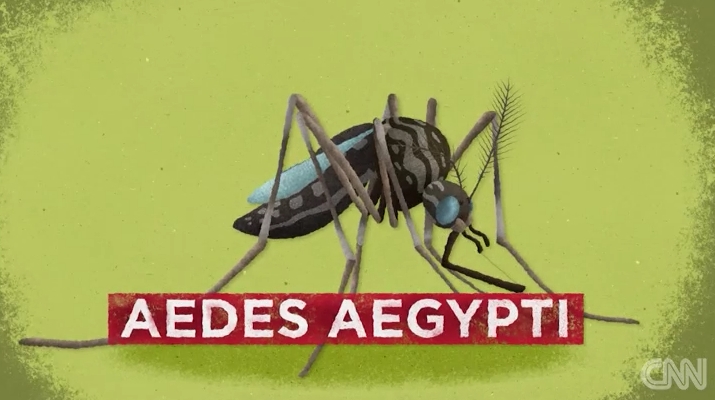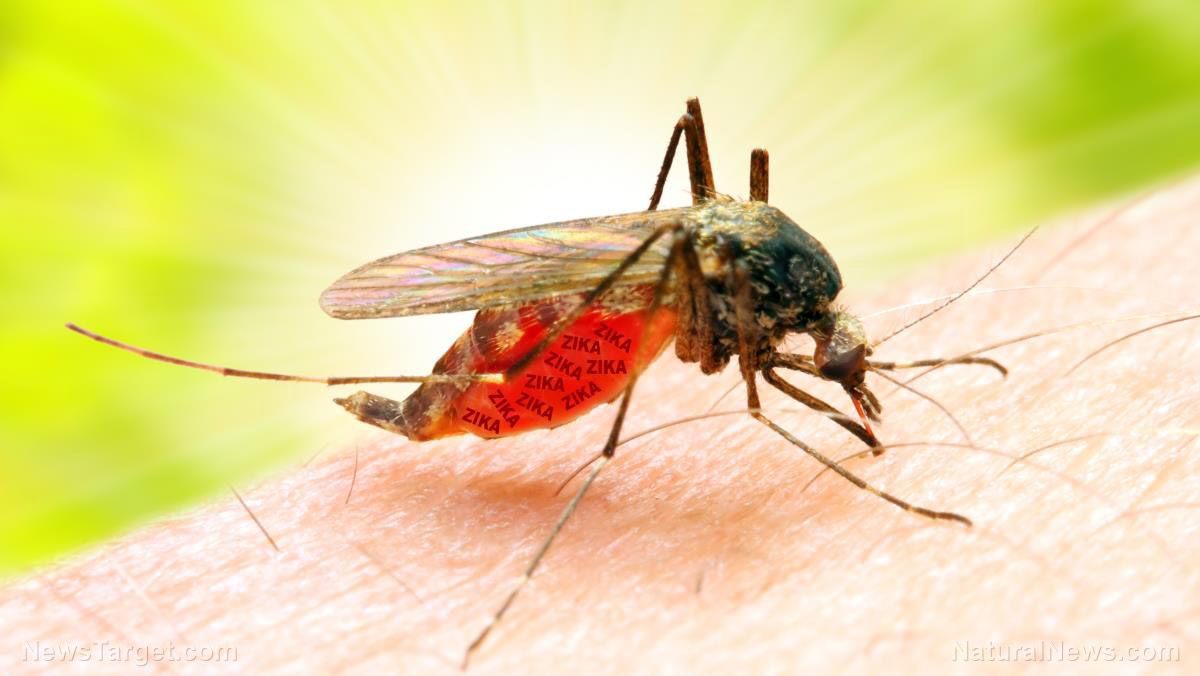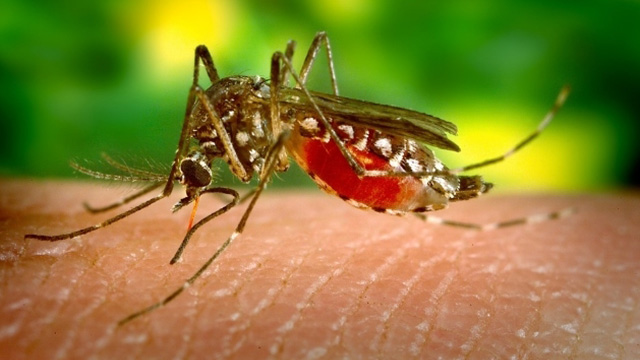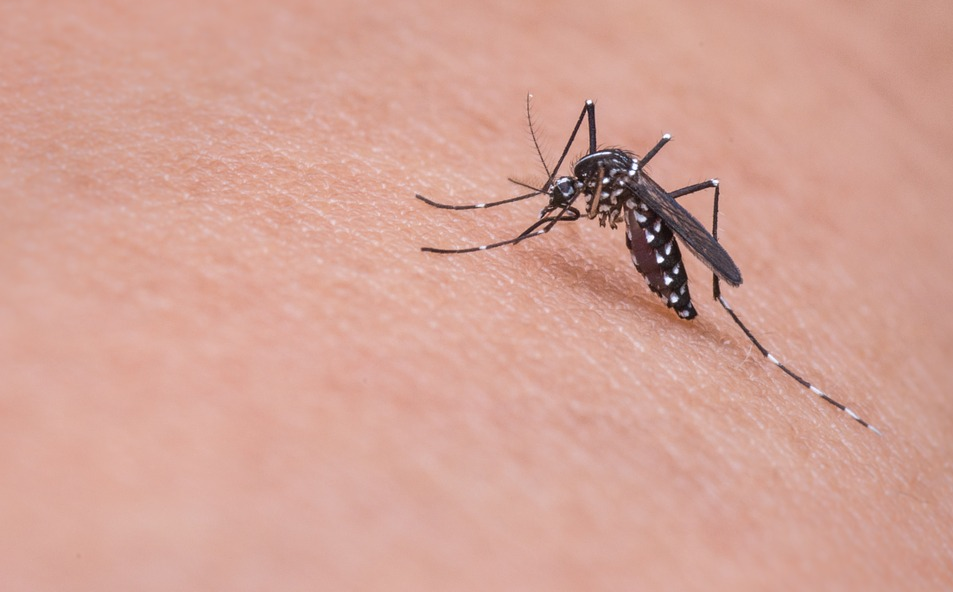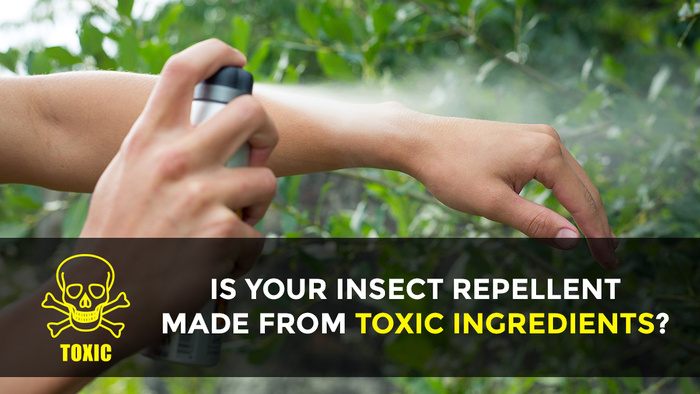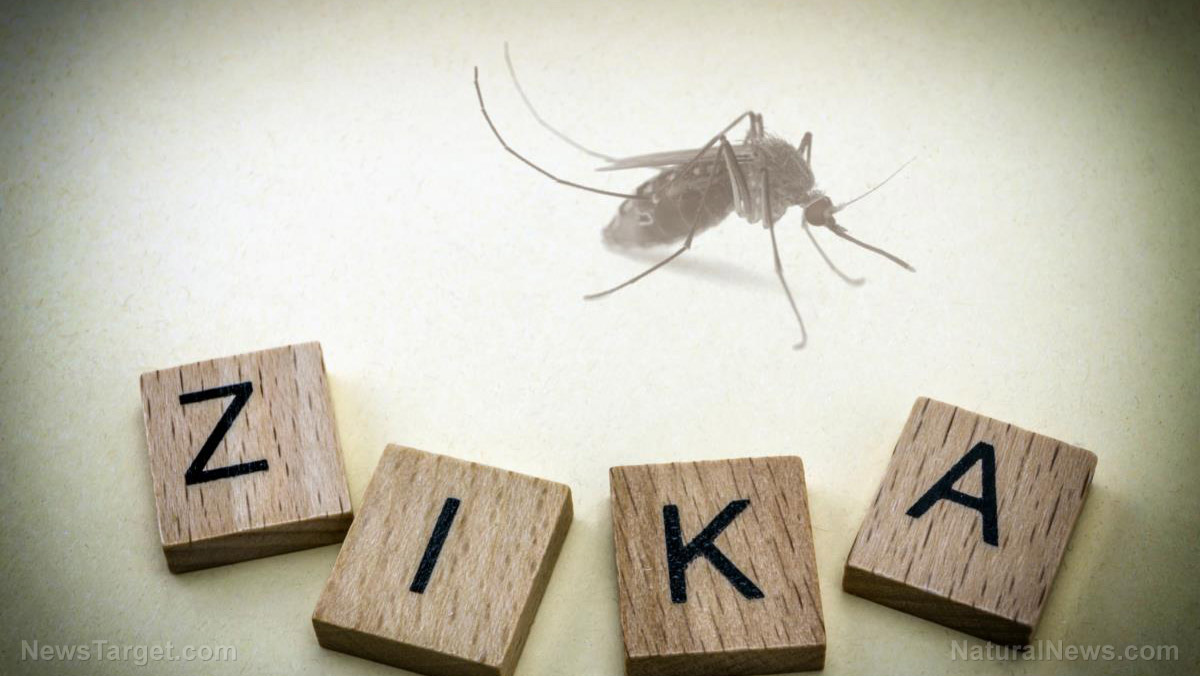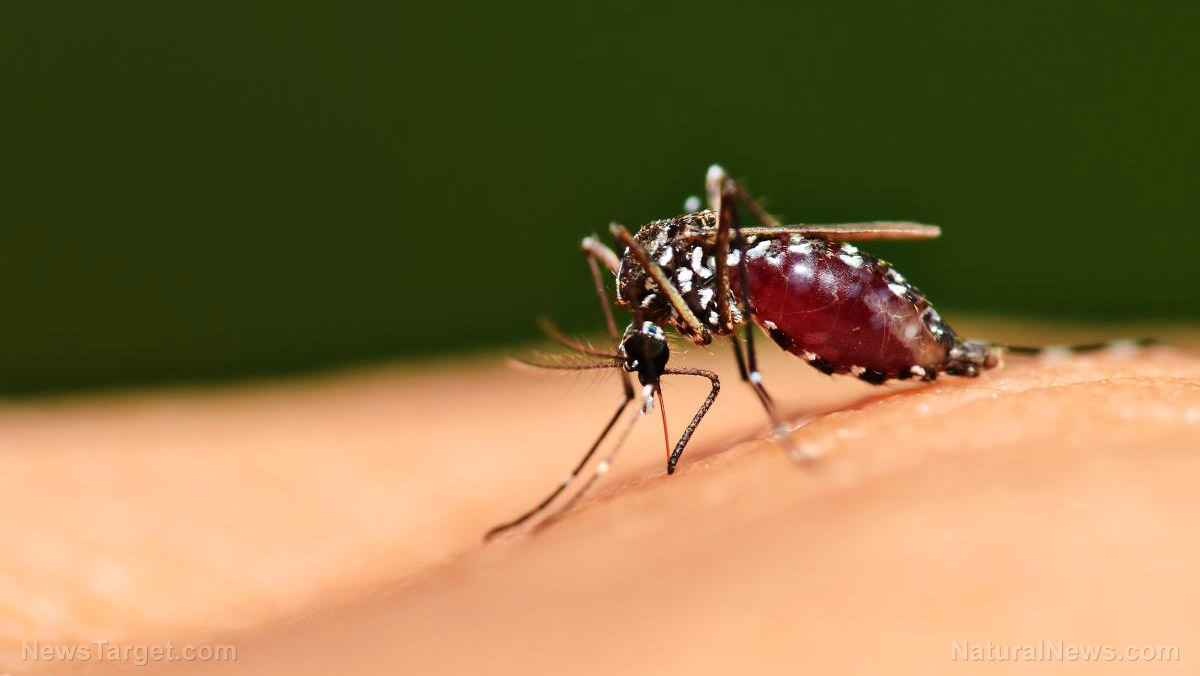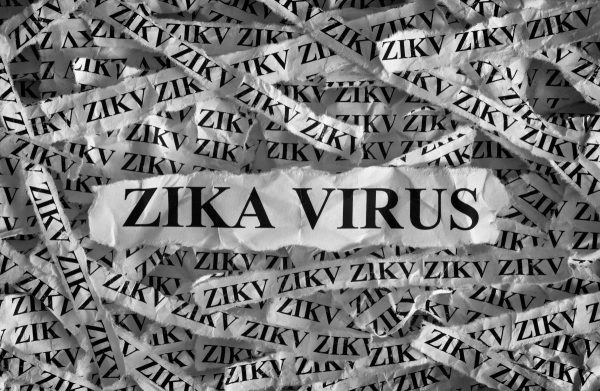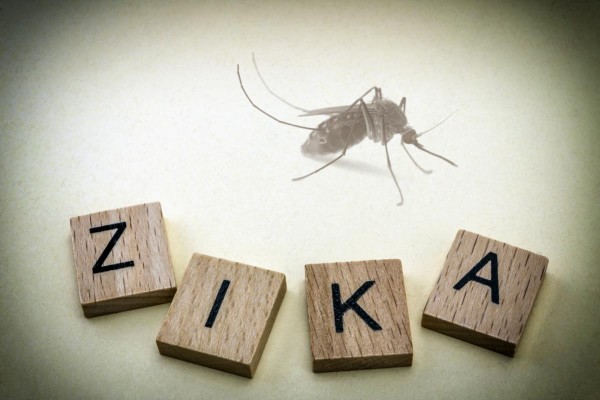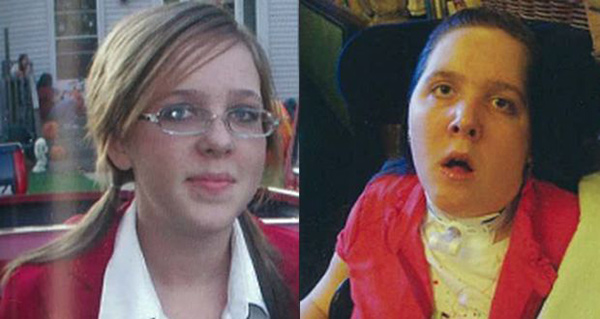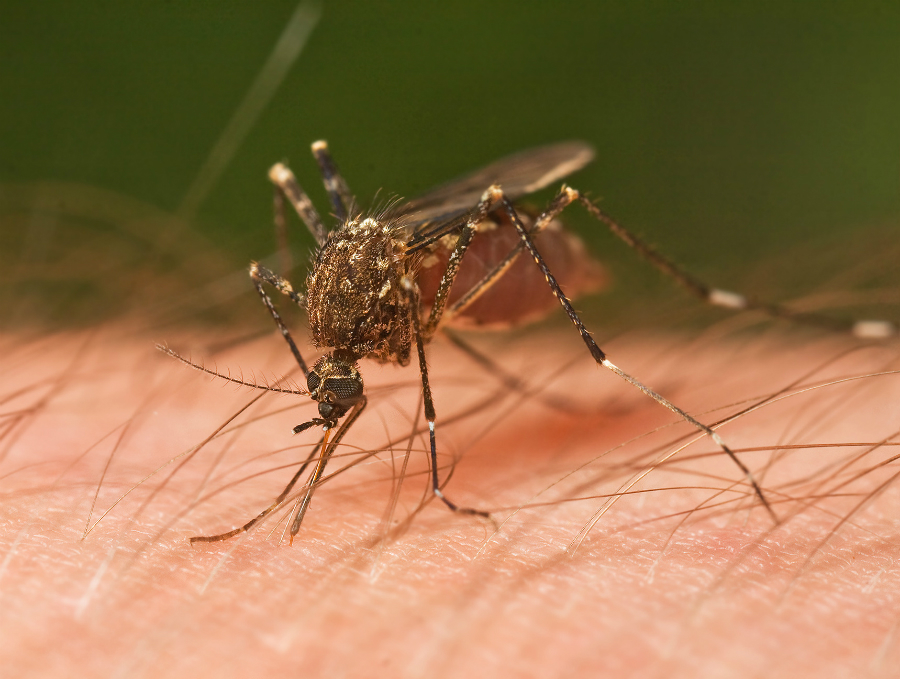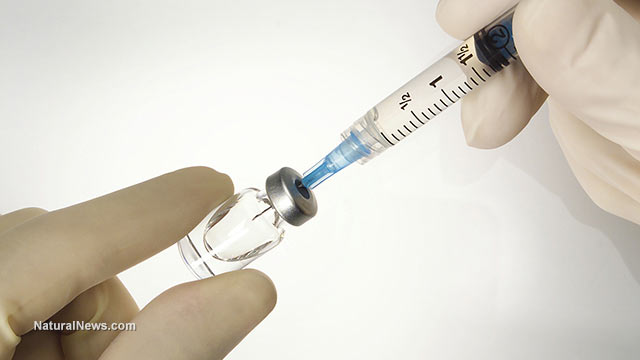06/20/2016 / By zikatruth
Inovio, which is based in Plymouth Meeting, Pennsylvania, and GeneOne Life Science, which is based in Seoul, South Korea, worked together on the vaccine. They previously collaborated to create vaccines
for Ebolaand
MERS, both of which are being tested.
The Zika vaccine, with the clinical-sounding name GLS-5700, will first be tested in 40 healthy volunteers. The first tests in humans should start in the next few weeks, Inovio said in a news release.
In the animal testing stage, the vaccine caused a strong antibody response, the company said.
It is still very early in the vaccine’s development. Phase I of a vaccine trial ensures that it can be tolerated well in human subjects.
If successful in this first round of human testing, it will need additional approval for further testing.
At the next stage, the vaccine would be tested on people who have Zika. Then there would be a stage to see how well it works on a larger group of people.
Dr. Anthony Fauci, director of the National Institute for Allergy and Infectious Disease at the National Institutes of Health, is leading a team that
is trying a few approaches to a vaccine, including an approach using DNA like Inovio’s does. He believes that trial could start by the end of August.
In the coming months, he said, we will probably be hearing about a number of vaccine candidates going into Phase I trials.
“This is all good news,” Fauci said.
Until recently, Zika had been considered a rare and
relatively benign virus (PDF). Currently, there is
no vaccine approved to fight it, but about 20 companies have been racing to develop one, according to a World Health Organization representative.
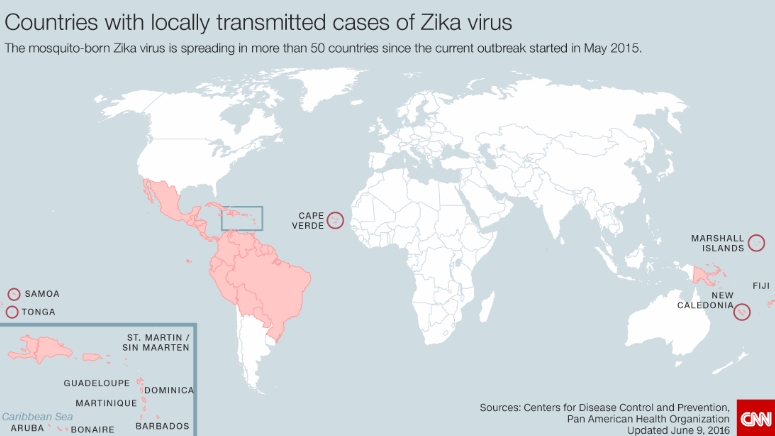
A vaccine could still be far away. This year, the World Health Organization said that large-scale trials for any of the vaccines in development probably won’t be able to start for at least 18 months. “Several years may be needed before a fully tested and licensed vaccine is ready for use,” said Nyka Alexander, a media officer from the World Health Organization.
The virus has been
“spreading explosively,” according to the WHO, as the agency declared it
a public health emergency. The agency predicts there will be 3 million to 4 million new infections in the Americas this year alone.
The Zika virus, transmitted by the aggressive Aedes aegypti mosquito, has spread to at least 50 countries and territories.
The U.S. Centers for Disease Control and Prevention has warned pregnant women not to travel to those areas, and health leaders in those countries have advised women not to get pregnant. The virus is connected to a neurological birth disorder,
microcephaly.
In addition to avoiding travel to countries with the virus, the only other available protection is to use an
Environmental Protection Agency-approved mosquito repellent. The CDC also said that wearing long pants and long-sleeve shirts thick enough to block a mosquito bite can help, as can sleeping in air-conditioned rooms with screens to keep bugs out.
Read more at: http://edition.cnn.com/2016/06/20/health/zika-vaccine-human-testing/index.html

